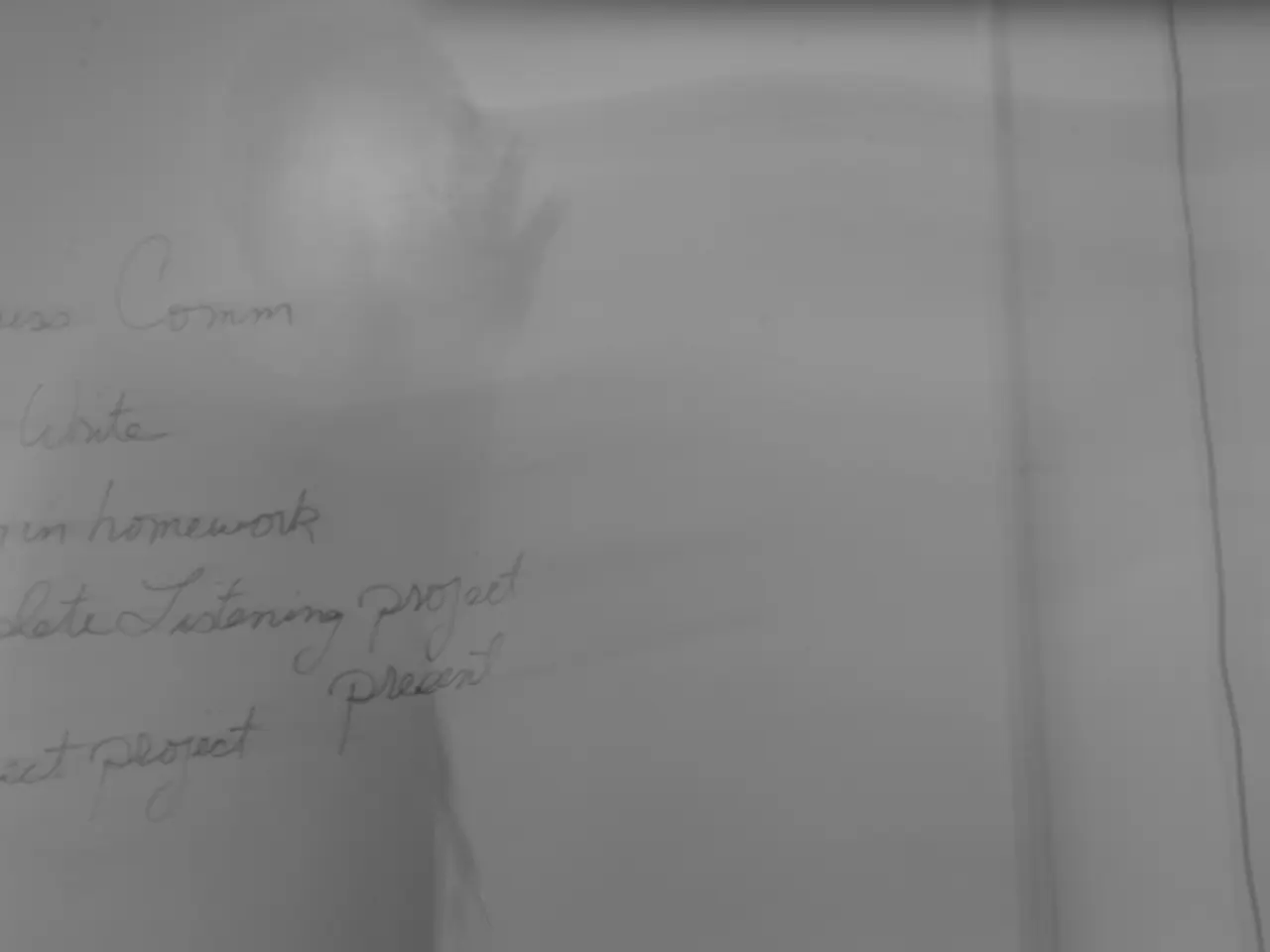Thousands of hotels file grievances against Booking.com - Thousands of hotels file lawsuits against Booking.com
In a significant move, over 10,000 European hotels have filed a class-action lawsuit against Booking.com, seeking damages for nearly two decades of enforced "best price" parity clauses. These clauses, which prohibited hotels from offering lower prices on other platforms or their own websites, are alleged to have restricted competition and harmed the European hotel industry.
The legal action follows a 2024 ruling by the European Court of Justice (ECJ) that declared these parity clauses illegal, as they violated antitrust laws. Notably, Booking.com had already discontinued these clauses in the European Economic Area due to the EU's Digital Markets Act (DMA) 2024 enforcement.
The Hotel Claims Alliance, a group coordinating the class-action lawsuit, is leading the effort. This legal action is backed by major hotel associations across Europe, including Hotrec and over 30 national hotel associations, such as Germany’s IHA and Italy’s Federalberghi.
The lawsuit is expected to be heard in a Dutch court, where Booking.com is headquartered. The deadline for hotels to join the lawsuit has been extended to August 29, 2025. Claimants aim to recover estimated damages that could represent about 30% of commissions paid to Booking.com from 2004 to 2024.
The dispute centers on Booking.com's "best price" clauses, which prevented hotels from offering their rooms cheaper elsewhere to prevent free-riding bookings. The goal of the class-action lawsuit is to obtain damages for the period from 2004 to 2024.
Markus Luthe, CEO of the IHA, has expressed support for the lawsuit, stating that European hoteliers have suffered under unfair conditions and excessive costs for a long time. Alessandro Nucara, director general of the Italian association Federalberghi, also supports the lawsuit, sending a clear message that abusive practices in the digital market will not be tolerated by the European hotel industry.
The ECJ ruling allows platforms like Booking.com to operate economically without such provisions, providing relief to travelers who were unaffected by the ruling as Booking.com had already abolished these clauses in the European Economic Area.
As the lawsuit moves forward, it remains to be seen how the Dutch court will rule on this significant case. The outcome could have far-reaching implications for the travel industry and digital market practices in Europe.
[1] European Court of Justice ruling on best-price parity clauses: https://curia.europa.eu/juris/document/document.jsf?text=&docid=242198&pageIndex=0&doclang=EN&mode=lst&dir=&occ=first&part=1&cid=161784 [2] EU Digital Markets Act: https://ec.europa.eu/info/law/better-regulation/have-your-say/initiatives/12527-Digital-Markets-Act [3] Hotel Claims Alliance: https://hotelclaimsalliance.com/ [4] Hotel market share data in Germany and Europe: https://www.statista.com/statistics/1101371/germanys-market-share-of-booking-holdings/
The Commission has also been consulted on the draft directive regarding the ongoing class-action lawsuit against Booking.com, as the proposed settlement seeks recovery of damages estimated to account for about 30% of the commissions paid to the platform over nearly two decades. In this context, discussions about the implications of this case for the business sector and the finance industry are of significant importance.




